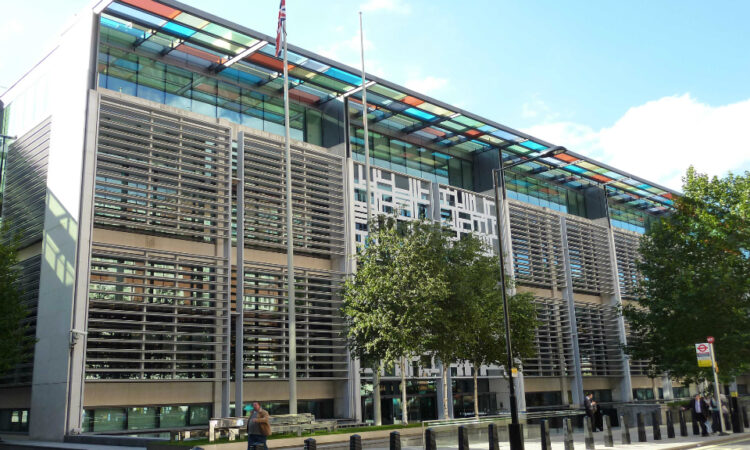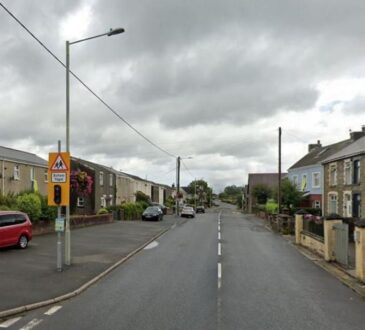
- New proposals to make it clearer who owns trust-owned land.
- Greater transparency to help target illicit finance and corruption in property sector.
- Consultation aims to lift the veil of secrecy currently afforded to land-holding trusts.
As part of decisive action to ensure greater transparency and tackle corruption in the property sector, it will be made clearer who owns land trusts.
The government has today, 27 December 2023, launched a consultation setting out plans to improve the transparency of trust information.
Land ownership through a trust means someone legally owns and manages the land on behalf of the true owner and beneficiary. Currently, the identity of the beneficiary is not always recorded or publicly available, potentially leading to secrecy or corruption in the sector.
The new plans will mean residents, the media and the public will be able to find out more about who owns land and property, who can control it and receives financial benefit from it.
Housing Secretary Michael Gove said:
It matters who really owns land and property. It matters for how and where we build our homes, grow our food, and power our country.
These proposals will lift the veil of secrecy currently afforded to land-holding trusts.
Transparency about land ownership is crucial if we want to make our housing and land markets fairer. In its absence, injustices, corruption and crime can flourish.
Minister for Enterprise, Markets and Small Business Kevin Hollinrake said:
There’s no place for fraud and other illegal activity in our society, so it’s fantastic so see the launch of this consultation which fulfils a government commitment and ensures more is being done to make the trust information held on the Register for Overseas Entities more transparent.
The Register for Overseas Entities is imperative in ensuring we weed out kleptocrats and oligarchs buying up British properties under false names and has already helped identify absent landlords so that they can be held to account.
The changes will make it as easy as possible for people to access all land and property ownership data across the range of different public registers, providing as much free and readily available information as possible.
Greater transparency will help tackle illicit finance and corruption in the system, with offshore trusts in the UK property sector identified as posing a higher risk of money laundering*.
The consultation runs for eight weeks and seeks views on widening access to trust information held on the Register of Overseas Entities and on how ownership of land involving trusts can be made more transparent.
This meets the commitment the government made during the passage of the Economic Crime and Corporate Transparency Act 2023 to launch a consultation on how we to improve the transparency of trust information before the end of this year. The government intends, subject to this consultation, to bring forward changes as soon as possible thereafter.
Through this act the government strengthened the Register of Overseas Entities – a list of the true owners of offshore companies that own UK land, while the Trust Registration Service in 2017 created the first register of beneficial ownership of trusts with UK links, clamping down on money laundering and terrorist financing.
This builds on new transparency powers announced in the Levelling-up and Regeneration Act to demand more information on land and property ownership and look behind the legal ownership of property to find the true ultimate ownership.
Further information:
- To access the consultation visit Transparency of land ownership involving trusts consultation
- Under the current system, His Majesty’s Land Registry (HMLR) records on a public register the legal owners of land. It does not, however, record the details of anyone behind the legal owner who may be able to control, or derive economic benefit from, that land. If the legal owner is a company or a trustee, there is no way of knowing from the land registry who is behind it.
- Transactions made using offshore corporate structures or offshore trusts in the UK property sector have been identified as posing a higher risk of money laundering, according to the National Risk Assessment of Money Laundering and Terrorist Financing 2020.




